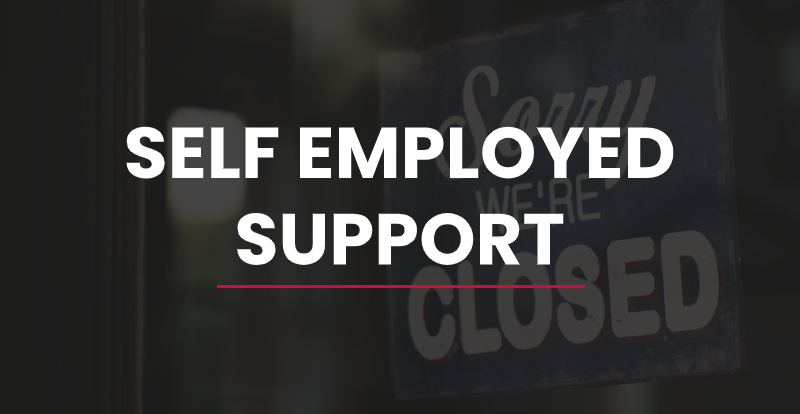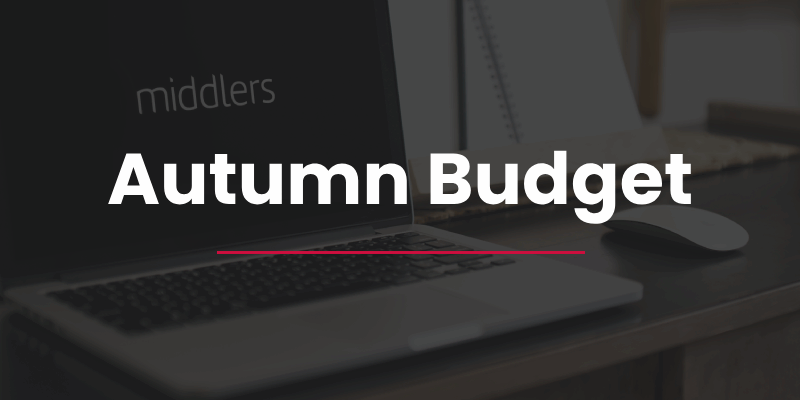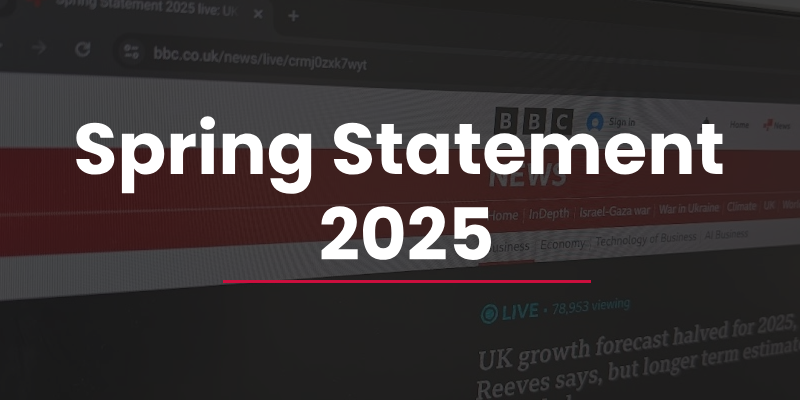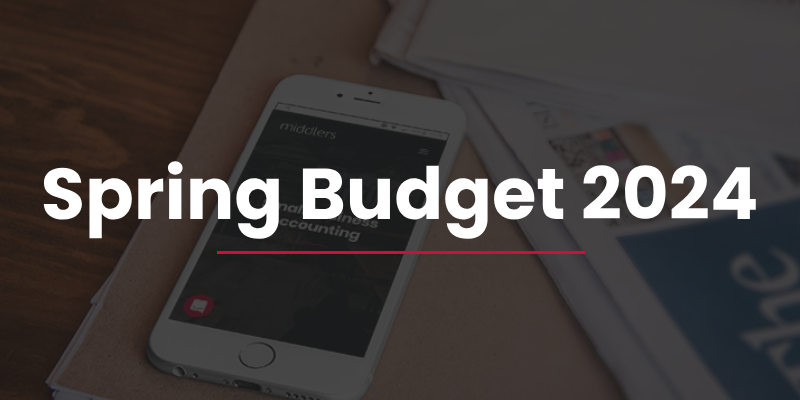Self-employment Income Support Scheme announced

The chancellor has yet again announced new measures to help even more businesses and individuals affected by the coronavirus breakout. Today it was the self-employed’s turn after much outcry to receive help in the form of the Self-employment Income Support Scheme (SEISS).
Here’s the details that have been announced so far:
What is it?
The Self-employment Income Support Scheme (SEISS) will support self-employed individuals (including members of partnerships) whose income has been negatively impacted by COVID-19. The scheme will provide a grant to self-employed individuals or partnerships, worth 80% of their profits up to a cap of £2,500 per month.
HMRC will use the average profits from tax returns in 2016-17, 2017-18 and 2018-19 to calculate the size of the grant. The scheme will be open to those where the majority of their income comes from self-employment and who have profits of less than £50,000. The scheme will be open for an initial three months with people able to make their first claim by the beginning of June.
Am I eligible?
To be eligible for the scheme you must meet all the criteria below:
- Be self-employed or a member of partnership;
- Have lost trading/partnership trading profits due to COVID-19;
- File a tax return for 2018-19 as self-employed or a member of a trading partnership. Those who have not yet filed for 2018-19 will have an additional 4 weeks from this announcement to do so;
- Have traded in 2019-20; be currently trading at the point of application (or would be except for COVID 19) and intend to continue to trade in the tax year 2020 to 2021
- Have trading profits of less than £50,000 and more than half of your total income come from self-employment. This can be with reference to at least one of the following conditions:
- Your trading profits and total income in 2018/19
- Your average trading profits and total income across up to the three years between 2016-17, 2017-18, and 2018-19.
How do I access it?
Individuals should not contact HMRC now. HMRC will use existing information to check potential eligibility and invite applications once the scheme is operational. HMRC will then pay the grant directly to eligible claimants’ bank account. HMRC is urgently working to deliver the scheme; grants are expected to start to be paid out by beginning of June 2020. For eligible individuals who have not submitted their returns for 2018-19, they will have 4 weeks’ notice from the date of the announcement to file their returns and therefore become eligible for this scheme.
When can I access it?
HMRC is urgently working to deliver the scheme; grants are expected to start to be paid by the beginning of June 2020. This time is necessary to ensure that the scheme is both deliverable and fair. In the interim the self-employed will still able eligible for other government support including more generous universal credit and business continuity loans.
See the original press release here:
https://www.gov.uk/government/news/chancellor-gives-support-to-millions-of-self-employed-individuals
See the business support details here:
https://www.businesssupport.gov.uk/self-employment-income-support-scheme/
The recently self employed will miss out
The very recently self-employed will not be included in the scheme and must look for welfare support.
Chancellor Rishi Sunak explained:
“For those who are very recently self-employed, we cannot operate a scheme like this, there’s too much complexity both operationally and fraud risk with that. So we would have to say to those people please look at the extra support we’ve put into the welfare system to help you at this time.”
Sole directors not covered under this scheme but….
According to the full text here
“Those who pay themselves a salary and dividends through their own company are not covered by the scheme but will be covered for their salary by the Coronavirus Job Retention Scheme if they are operating PAYE schemes.”
More details to follow.



